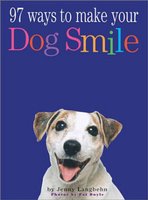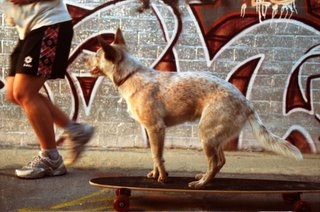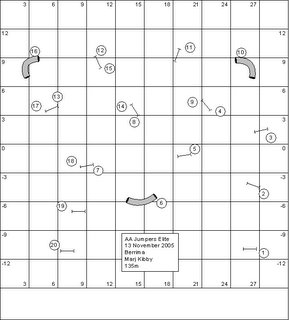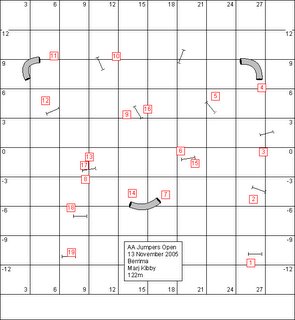Indoor games are great for those days when I just can't get out for a walk, or the dogs won't settle of an evening, or for just reinforcing behaviours I want to encourage.
Hide and seek.Have your dog stay, or get someone to hold him, or distract him with a thrown treat, the slip around the corner or crouch behind the sofa.
Which hand?Hold a small treat or ball in one closed fist and keep the other fist empty. Extend both arms out and ask your dog, "Which hand?" Let it sniff both. When it noses the fist with the toy or food, open your hand, show it, and praise. Repeat, randomly moving the toy or food into your left or right hand.
Find the keys.Toss the keys to get her attention, then reward any move towards them. Work up to her bringing the keys to you. Stash the keys in plain view, then work up to hiding them behind a cushion. I've found this useful on three occasions over the years when I've been able to send Thommo through the dog door to get the keys when I've locked myself out.
Bring me ...Dogs like having a job. Teach him to bring the remote, and the tv guide, and a beer and a packet of chips, to the sofa where you are lying.
El MatadorWave a towel or blanket provocatively while shouting "Toro, Toro!" in your best Spanish accent. As your little bull charges whip the towel away at the last minute.
Luke, I am your father Talk to your dog through the cardboard cylinder of a paper-towel roll.
Patty CakeWhen your dog is lying down put your hand on top of one paw, he'll probably pull it away. Put your hand on top of the other paw and so on.
Activities from
97 Ways To Make Your Dog Smile by Jenny Langbehn - worth buying for Pat Doyle's wonderful dog portraits alone.








